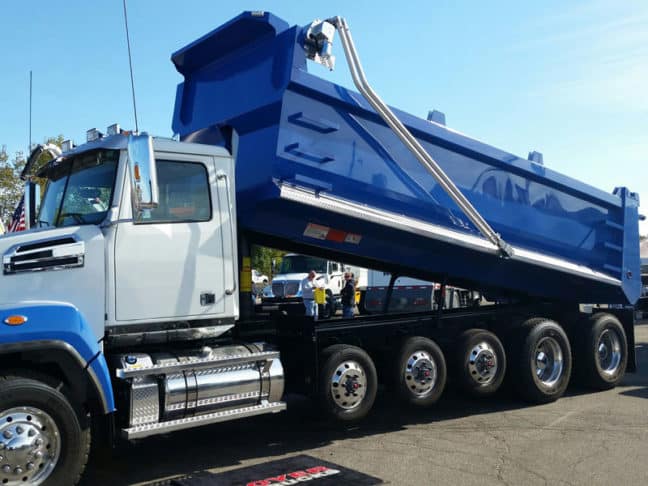How to Extend the Life of Your Heavy Equipment
August 30, 2022
The use of heavy equipment and machinery is vital to building and maintaining roads, bridges, advanced infrastructure, and more. The heavy machinery and equipment used to strengthen community assets professionally are also extremely expensive. That’s why standard preventative maintenance practices should be established to extend the life of your heavy equipment and machinery, including waste management equipment.
Maintenance Tips to Extend Heavy Machinery & Equipment Life
You can take several steps to extend the service life of your heavy equipment or machinery. By utilizing these maintenance tips, the costs associated with equipment upkeep and replacement will decrease, providing significant cost savings over the life of the machinery.
Follow Manufacturer’s Maintenance Schedule & Specifications
Since the equipment manufacturers design, engineer, build and test the machinery they produce, they know the capabilities and limitations better than anyone. The factory specifications included with each piece of equipment should be precisely followed. This also consists of the service frequency and the parts that should be regularly checked and maintained.
Create a Heavy Equipment Maintenance Checklist
A maintenance checklist provides an effective way to manage each service that is required of your equipment or machinery. A list will ensure that nothing is overlooked while providing documented evidence of the maintenance procedures. The maintenance checklist should include the following inspections:
- Inspect the undercarriage for rust, dents, or damage.
- Inspect the breaks, including examining the filters, fluid levels, lines, and fittings.
- Check the fluid levels, air filter, belts, hoses, and batter connections.
- Track mileage/hours
By documenting the precise condition of the equipment at both the start and finish of use, a detailed picture of the equipment’s performance can be obtained.
Prevent Typical Causes of Heavy Equipment Failure
Some of the most common causes of heavy machinery and equipment malfunction include mechanically and thermally induced or intermittent failure. Mechanical or thermal-induced failure is often the result of improper lubrication or mechanical deviation. Mechanical overloads or computer-related design flaws usually cause intermittent failure. Diagnostic equipment can often alleviate these issues.
Provide Sufficient Operator Training on All Heavy Equipment
Safety standards for heavy machinery and equipment are constantly changing. Operator safety requires regular training sessions to ensure that the newest safety standards are followed. This type of safety assurance ensures that operators receive the most up-to-date information available.
Moreover, having short, easy-to-understand operator manuals for all heavy equipment operators is an essential resource for keeping operators informed and safe while safeguarding against the misuse of equipment.
Keep Heavy Equipment Clean & Free of Debris
Heavy machinery should be kept in a clean environment and preferably in a sheltered area away from the elements to avoid rust and rot. Both the machinery and its operating environment should always be kept clean. Continued maintenance and general cleaning can prevent unnecessary breakdowns.
EMP is Your Trusted Resource for Heavy Machinery & Equipment
In the market for heavy-duty machinery and equipment? EMP has you covered. Our partners are the industry’s most recognized and dependable heavy equipment manufacturers in the industry.
Whether your project requires standard or customized heavy machinery, EMP provides the resources you need to make an informed decision. Contact us with any questions, and we’ll be happy to assist.